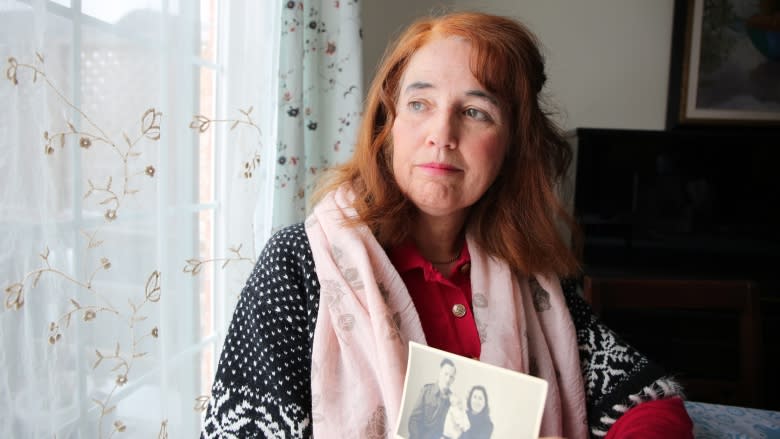Reports of staff abusing residents up nearly 80% in GTA long-term care homes
Cynthia Gelder's father lived to be 99-years-old. But in the years before his death in 2015, Gelder believes he experienced abuse and neglect at his Mississauga long-term care home.
She once found his caregiver bathing him in cold water. Another time, her father had an unexplained black eye. Gelder also feels staff at the facility were overly rough in their treatment of him, and would shove him like he was "a sack of potatoes."
"It was shocking," she said.
Gelder's mother was also at the same home before her death in 2008 at the age of 82. Both parents were given morphine by staff members before their deaths, she said, despite saying they didn't want to be medicated.
"I experienced similar problems with both parents while they were in the home," she said. "I always found there were some understaffing issues, so if they needed anything and rang the bell, it took a long time for anyone to show up."
Similar issues are common in long-term care facilities across the GTA, and the entire province.
As a previous investigation recently reported, CBC News has compiled six years of data from Ontario's long-term care facilities, including critical incidents involving abuse and neglect that each home reports to the government. The number of incidents was compared with the number of licensed beds in each home to calculate a rate of abuse.
The numbers show that staff-on-resident abuse and neglect increased by nearly 80 per cent from 2011 to 2016 in both the Mississauga-Halton and Toronto Central Local Health Integration Networks. LHINs, as they're also known, plan, integrate and fund local health care across the province.
The rates of resident-on-resident abuse also rose during that time frame in both areas. In Mississauga-Halton it increased by 51 per cent, while in Toronto Central it increased by 129 per cent.
'It's quite troubling'
Personal injury lawyers in the GTA say they're also noticing a rise in calls about these types of abuse in recent years.
"It's quite troubling, actually," said Meghan Walker, a lawyer with Oakville-based firm Will Davidson LLP. "We're seeing a lot of resident-on-resident abuse and normally the assailant [is] suffering, often, from a psychiatric illness … it's becoming more and more frequent."
Walker said her roster also includes clients who've had bad falls or suffered severe injuries from bed sores, and a woman who died from CO2 poisoning because her oxygen supply was left on for too long. "Care plans are not being followed," she said.
Meghan Hull Jacquin, a lawyer with Toronto-based firm Howie, Sacks and Henry LLP, is also seeing a rise in calls. Concerns shared with her firm in recent years run the gamut from residents with no previous bladder control issues being left in diapers, to others being improperly medicated, she said.
"I think the saddest part of it is they're among our most vulnerable populations," Hull Jacquin added.
Rising reports, more awareness
Legal experts and seniors advocates agree the rising number of reports is likely due, in part, to increased public awareness of abuse.
"It really wasn't talked about 10 or 15 years ago," said Maureen Etkin, executive director of advocacy group Elder Abuse Ontario. But now, she said, more and more families are paying closer attention, using technology like "nanny cams" to help keep an eye on their loved ones, their fellow residents, and their caregivers.
Etkin said that's only one part of the solution, however. Short-staffing and high turnover rates within long-term care homes make curbing abuse a "complex situation," she said. The negative public impression surrounding these facilities, Etkin added, can make hiring the right workers particularly challenging.
She said families also need to be better educated about their legislated right to ask questions and report abuse to ensure they have a voice.
"We have to be a little more active in speaking to residents about how they feel, rather than waiting to hear about it," she added.
Gelder agreed, saying it's important to advocate for your loved ones. Before her father's death, she filed a complaint about her parents' long-term care facility with the Ministry of Health and Long-Term Care.
"No one can love your parent the way you can," she said.
Methodology
CBC analyzed six years of data (2011-2016) obtained through Ontario's Ministry of Health and Long-Term Care, public records and the Canadian Institute for Health Information. We counted all abuse and neglect reports involving caregivers and residents submitted by long-term care facilities through the ministry's critical incidents system. Some of these reports have been found to be unsubstantiated upon investigation. The ministry's definition of abuse includes physical, sexual, verbal and emotional abuse. Read more.




